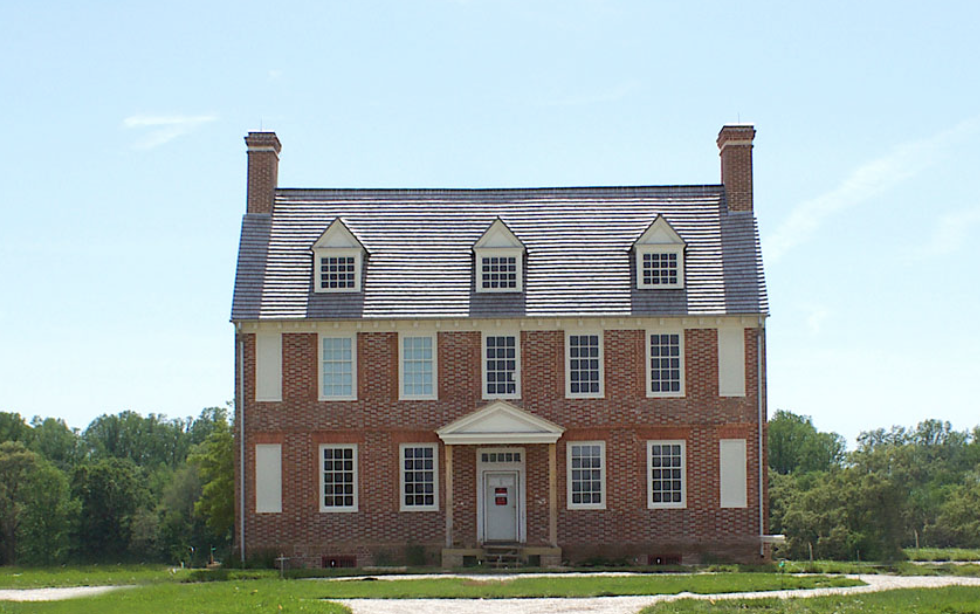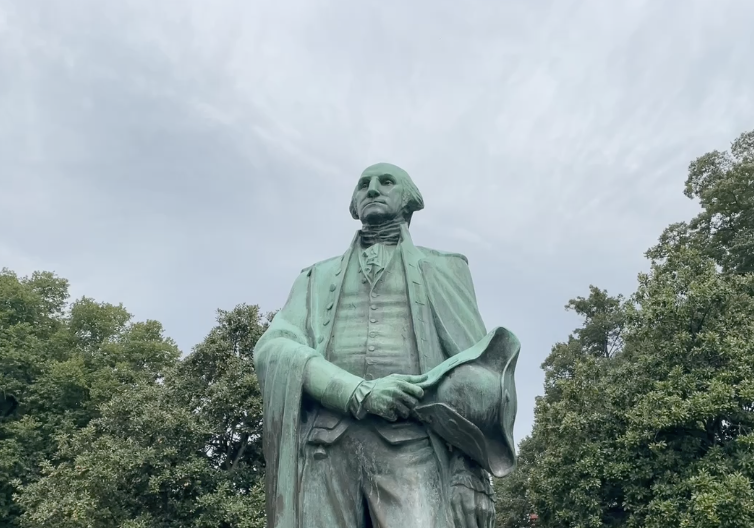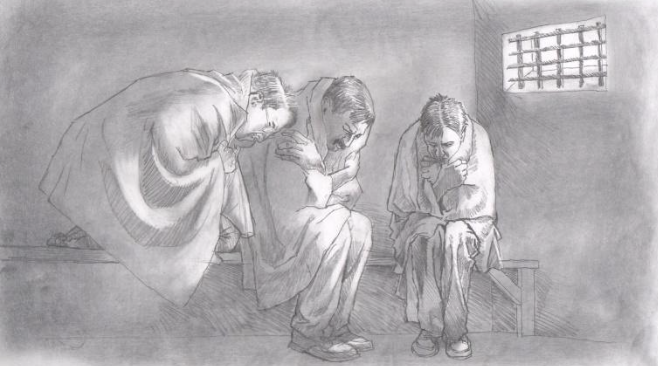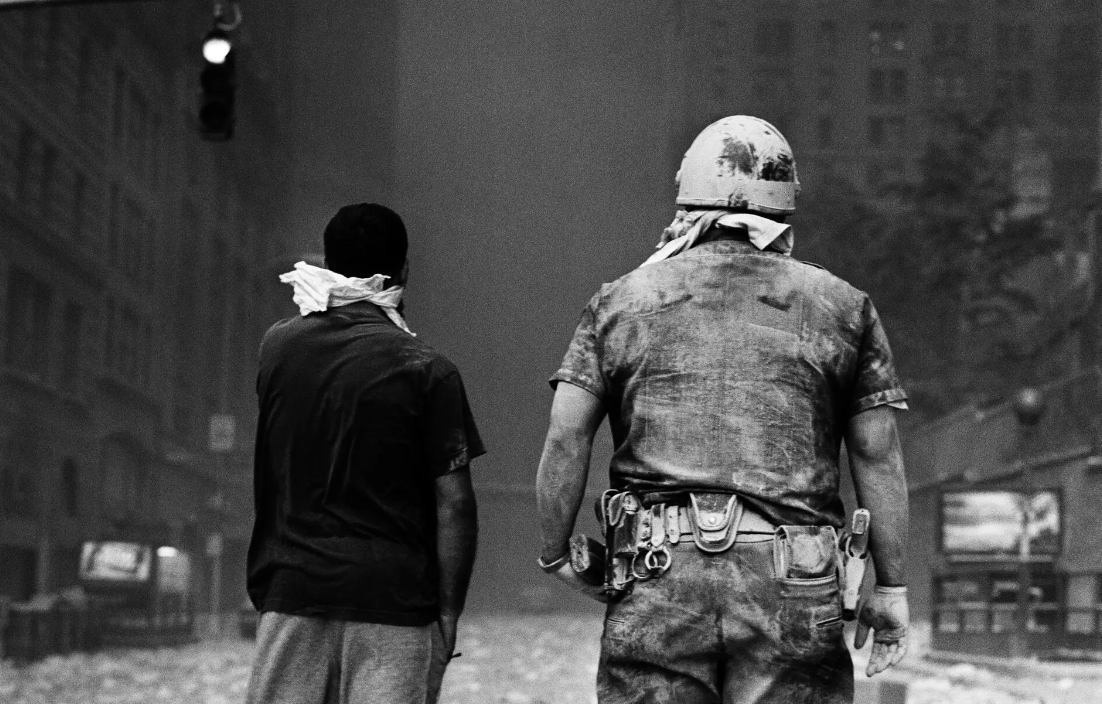We are in a cool forest near the Tuckahoe River. Our group is clustered in close around Serenella Linares – not an exotic species – but a truly exotic person. Serenella is showing our Master Naturalist class the tiniest of mushrooms and describing its shape and smell and even taste (”slightly chemical at the back of your throat”).
Serenella is Facility Director at Mount Rainier Nature Center in Prince Georges County. She is also the “Fun-Gal” who leads walks and teaches about forest fungi with an infectious child-like curiosity. And this week, Serenella has twenty or so Master Naturalists In-Training enthralled with mushrooms and lichens glowing yellow and green or purple under various iPhone light filters.
The Master Naturalist program is a 60 hour training program spread over one Thursday per month for a year with field trips and classroom instruction and lots of hands on exploration of all types of bugs and birds and critters. After the training Master Naturalists are certified conditionally on providing 40 hours per year of volunteer service to host organizations like Adkins Arboretum and Pickering Creek Environmental Center.
The Master Naturalist training enables volunteers to lead bird walks, help with children’s nature activities, maintain native gardens, or many other public service activities. Here on the Eastern Shore Jenny Houghton and Adkins Arboretum near Ridgely are the host for our Master Naturalist class, but there are classes in varying locations around Maryland coordinated by the University of Maryland Extension Service.
During my year as part of the 2023 Master Naturalist in Training class we have learned about oysters at the Horn Point Oyster Hatchery, historic land use on the Eastern Shore from Dr. Wayne Bell, turtles, lizards and snakes from Dr. Beth Schlimm, and many others. My favorite has been traipsing the forests and looking under logs with Serenella Linares. Each of the classes has been a terrific reminder about the renewing power of nature and our own natural curiosity.
As summer wanes here on the Eastern Shore, get outside and enjoy the leaves, watch some ducks, peak under logs, and experience and enjoy the real beauty of the Eastern Shore. And if you get really curious, check out the Master Naturalist Program. With a few more classes and a final project I aspire to be a “Master Naturalist” by year end. Wish me luck!
Rob Etgen retired in 2021 after a 40 year career in conservation – the last 31 years as President of Eastern Shore Land Conservancy. In retirement Rob is enjoying family and working on global and local sustainability issues with Council Fire consulting out of Annapolis.











